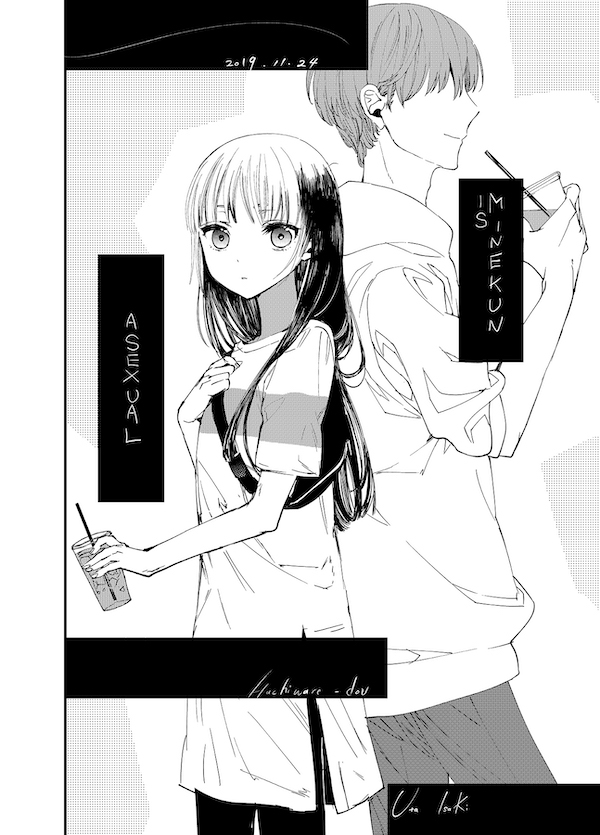The following is an interview with Isaki Uta regarding the Kickstarter campaign launch for the box set collection, Isaki Uta: The Lost & Found Collection, in collaboration with Irodori Comics. In this interview, Fanbase Press Editor-in-Chief Barbra Dillon chats with Isaki Uta about their process for selecting the stories within the new edition, the experience of bringing these stories to English-speaking audiences, and more!
Barbra Dillon, Fanbase Press Editor-in-Chief: What can you share with us about your approach to selecting the four stories to be included in the collection?
Isaki Uta: I felt this selection of stories would be good, because they covered a wide range of genres.
BD: What can you share with us about your creative process in crafting your characters, given that they all embody such raw and intense emotion that is palpable for the reader?
IU: I love to draw moments when people are shaken up by emotions, such as when people cry or become enraged. I actually might like depicting those instances of upset rather than scenes where people are happy…

BD: Isaki Uta: The Lost & Found Collection will be the first time that your solo work will be available in print in English. What is your experience in being able to share your stories and your characters with a new audience?
IU: Because I’ve only drawn manga with the cultural senses and understanding as a person living in Japan, I’m very curious to know how my stories would be interpreted by people who are outside of my culture. I would love to receive feedback on my stories from them.
BD: At Fanbase Press, our #StoriesMatter initiative endeavors to highlight the impact that stories can have on audiences of various mediums. How do you feel that these stories may connect with readers and allow them to discover their own sexuality and gender identity?
IU: There was a time in my life when I didn’t fully realize my sexuality and gender identity, and because of that, I spent some time in distress. That was not a great time for me. So, I hope that my stories will allow the readers to have epiphanies about their own sexualities and/or gender identities, so that they can spend more time considering how to live out the rest of their lives.

